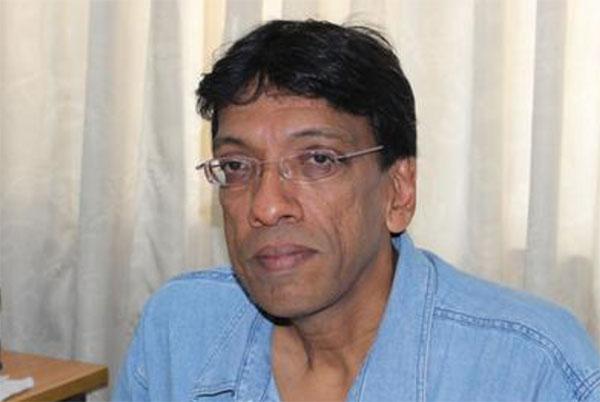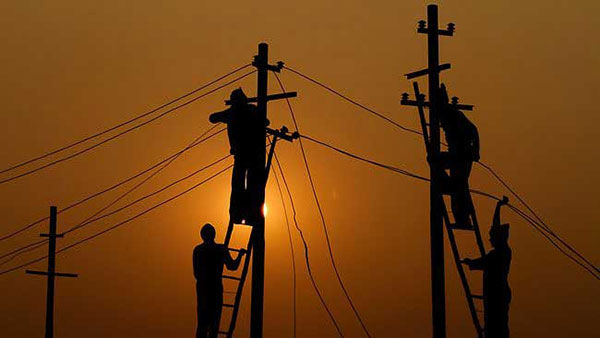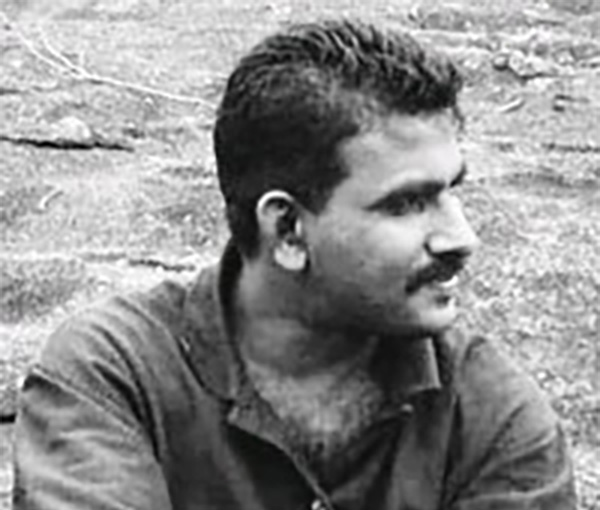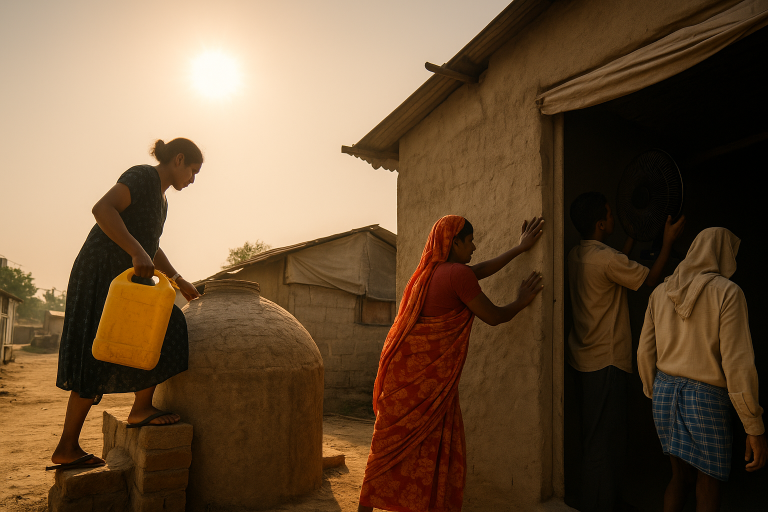On April 21, the country passed the fifth year anniversary of the Easter Sunday bombing that took the lives of about 300 persons and injured and maimed many more. The bombers targeted Catholic and Christian churches that were filled with devotees at the time of the attacks. The bombers had emerged out of the blue as it were, there were questions whether Sri Lanka had become a site of a global battle and uncertainty that others might strike again. For two months, the capital city of Colombo almost shut down as people lived in fear. The bombing also changed the course of national politics and paved the way for those whose promise was the guarantee of national security and the rightful place of the ethnic and religious majority but who abused power and engaged in looting to the point that they collapsed the national economy.
Today, the memory of those events has receded from the consciousness of most people. But the impact of the bombing has been lasting. The economic setback due to foreign investors and tourists giving Sri Lanka a wide berth was to pave the way to the economic bankruptcy that the country is yet to overcome. Equally lasting, and perhaps more destructive has been the erosion of trust in the government leadership in the face of its unwillingness to find the truth and hold to account those who planned the attacks and those who chose not to defend against it, both then and now. There is a widespread feeling in the victim community and the religious minorities who bore the direct cost that the wrongdoers are being protected.
The effort of the Catholic Church in the country to canonize those who died, to either elevate them to sainthood or martyrdom is an attempt to keep the issue of the mass killing alive both nationally and internationally. Cardinal Malcolm Ranjith said the Church will take the first step to collect signatures from the Catholic community countrywide to be sent for to Rome for Papal recognition. “Because once we declare them as ‘Heroes of faith’, the international community will come to recognise them more and more and it will become an international matter.” Cardinal Malcolm Ranjith has been like no other in being up there in front, voicing the determination of the bereaved families for justice in public protest on the road or by lobbying with national leaders and the international community.
There have been several official inquiries into the trail of events that led to the Easter bombings. A couple of those who held senior positions in the security establishment even had to go to prison for a while and others have been subjected to heavy fines for their dereliction of duties. But still the sense that there has been a cover up is strong. The passage of time has brought forth more evidence of a cover up. There are objective facts that can be verified and cannot be hidden. It is therefore only a matter of time when the truth comes to light.
It was only two weeks ago that the Catholic Church was provided the full report of the presidential commission that investigated the bombing. The report they had previously been given, and that too after a long delay had sections with an estimated 1500 pages removed from it. The next phase of the quest for justice will need to await a new government. It does not require a people’s mandate in the same way that deciding on a new economic direction might require. Justice is fundamentally concerned with the fair and equitable treatment that is not dependent upon popular opinion or electoral mandates but is grounded in universal ethical norms and legal standards. The reason that a new government is needed is that those in the present government will have vested interests in not disclosing the truth and not rocking the boat they are in.
Following his visit to the police Criminal Investigation Department for questioning, Fr Cyril Gamini Fernando, the spokesperson of the Archdiocese of Colombo said uncovering the truth behind the Easter Sunday attacks hinges on a change in the political system. He mentioned that he has appeared before the CID on multiple occasions and has provided detailed statements. Despite this, there was a lack of a substantial investigation based on the information he has shared. He expressed skepticism about the government’s commitment to uncovering the masterminds behind the Easter Sunday attacks, which led to his conclusion about the need for a change in the political system.
New Government
The events of Easter 2019 are sharpest in the memory of the Christian community in Colombo and Batticaloa where the churches were bombed. At the same time, it needs to be kept in mind that the loss of life that took place that day is dwarfed by the events that took place elsewhere and at other times. If the Christians and their leadership keep on remembering and not giving up on the quest for justice, it can be imagined that those who have lost even more would also be determined to remember and not give up on their quest for justice. In May 2009, the three decade long internal war ended very bloodily on the battlefields of the north with the defeat of the LTTE and killing of its leaders in circumstances that are not fully known to most people to this day.
The events of May 2009 are not the only ones in which mass killings took place. Twenty years earlier in 1989, the JVP was defeated and its leadership was also killed. There was an orgy of violence in which tens of thousands of people were killed. As in the case of the LTTE, the decimation of the JVP took place in circumstances that were kept beneath the surface and in which the killings took place not only on one side but on multiple sides. Many novels have been written about those periods of large scale violence, about the torments of the victims and their families and the ghouls who put them to death. This is the reason why those who seek to promote the reconciliation process urge that there should be a process of transitional justice, in which truth, accountability, reparation and a political solution are brought to bear for all periods of violations and not just for some.
Last week the National NGO Secretariat organized a meeting between civil society organisations that are engaged in the national reconciliation process and government mechanisms that have been set up for that purpose. There was a spirit of positive engagement and problem solving in the discussions with the Office on Missing Persons, the Office for Reparations, the Office for National Unity and Reconciliation and the interim secretariat for the Commission on Truth, Unity and Reconciliation that is being formed. The draft of the Truth Commission law does not deal with issues of the JVP period and the Easter bombing. It needs to. As discussions continue and plans for truth and reconciliation take shape, the demands for a new government and systemic change also grow stronger. Elections will be the catalyst for change.
By Jehan Perera
colombotelegraph








